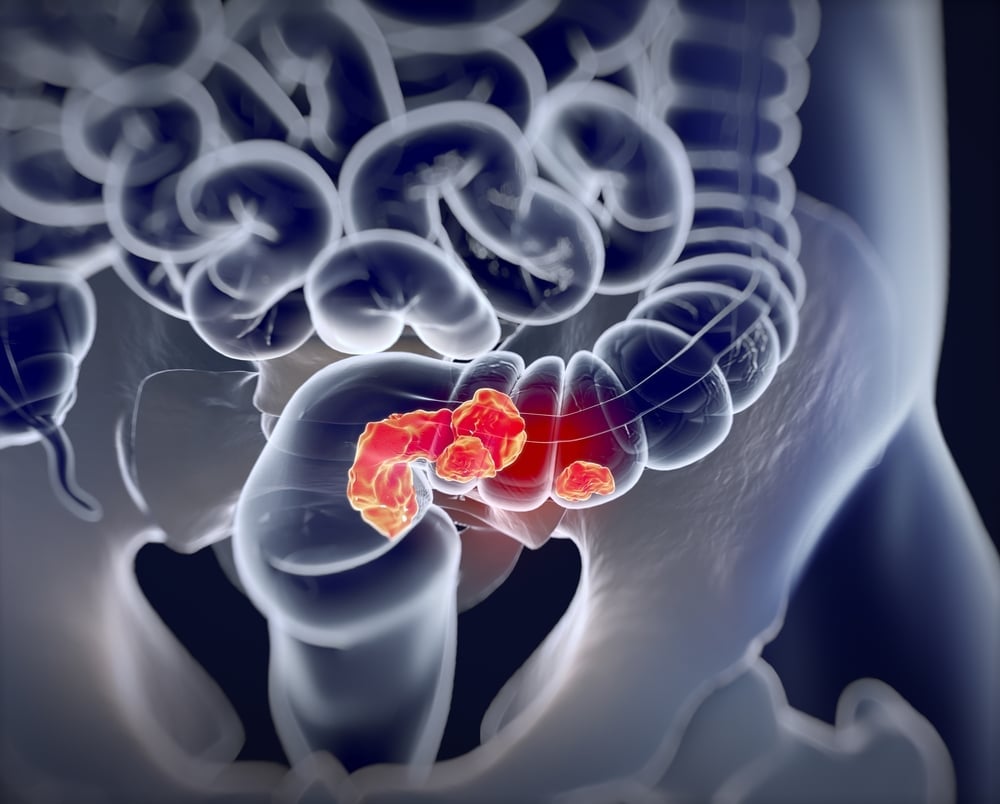Australia’s Carina Biotech has raised A$7.5 million (US$5.2 million) at first close of its current funding round.
Venture capital business Tenmile was the cornerstone investor, with support from existing investors.
The capital raise enables Carina Biotech to complete its Investigational New Drug (IND) enabling studies and initiate a CAR-T clinical trial of its LGR5 CAR-T cell for patients with advanced colorectal (bowel) cancer.
“Colorectal cancer is Australia’s second deadliest cancer and its incidence is rising in people under the age of 50. Many younger people are diagnosed at advanced stages of the disease with very poor prognoses. This is a lethal cancer for all Australians, young and old, that we want to be able to treat. CAR-T therapy is currently used for the treatment of blood cancers and it has proved to be curative,” said CEO Deborah Rathjen.
“We are very excited to be able to bring this personalized form of immunotherapy embedded with Carina’s proprietary CAR-T technology to patients with solid cancers.”
Tenmile executive chair, Steve Burnell, said, “Carina represents the kind of investment opportunity Tenmile looks for – advanced novel technology addressing a major unmet medical need, depth of expertise, global networks and strong intellectual property. It also reflects our commitment to using our capital as a force for good including backing female-led businesses.”
Progressing pipeline
Carina is one of Tenmile’s first cohort of investments. Tenmile is the new $250m healthtech venture capital fund backed by Andrew and Nicola Forrest’s Tattarang investment group.
The capital raise also enables Carina Biotech to progress its pipeline of CAR-T programs and its technology platform, which includes Carina’s Chemokine Receptor Platform that is being used to develop CAR-T cells expressing chemokine receptors that drive CAR-T cells to ‘home in’ on specific cancer cells.
Carina’s proprietary manufacturing process shortens the time required for CAR-T cell generation producing higher numbers of highly active CAR-T cells.





